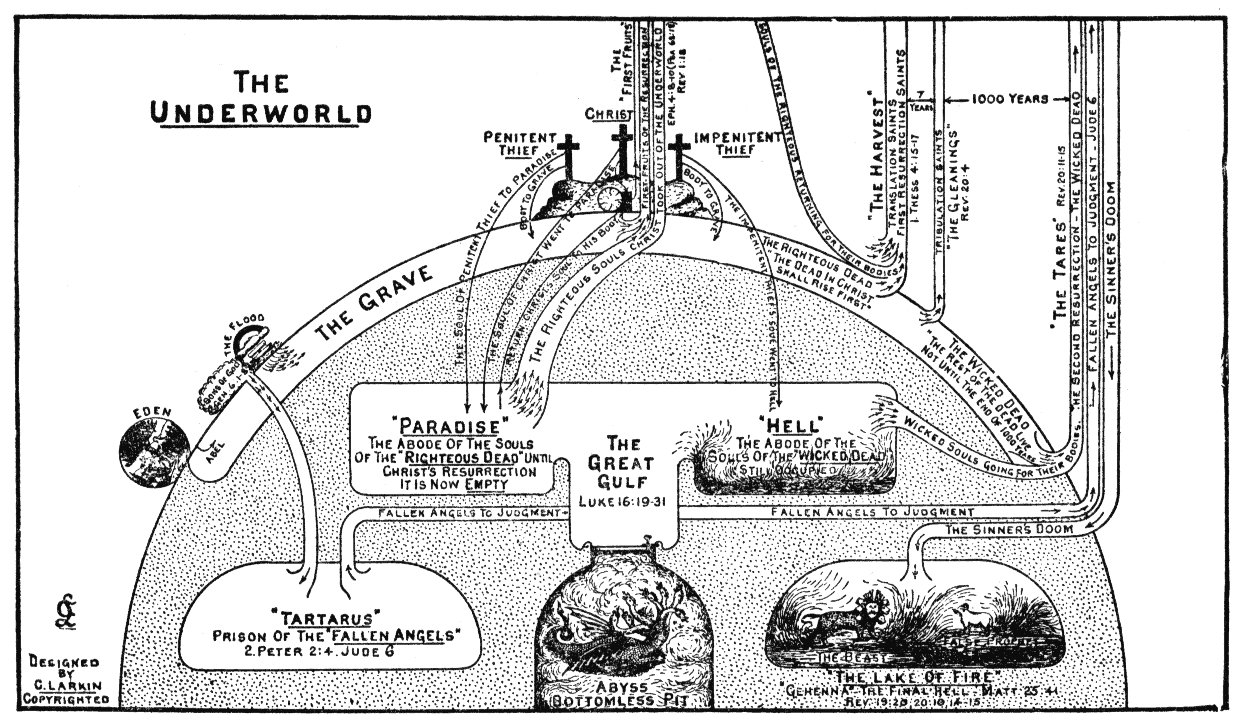godsquadgeek
Member
- Sep 1, 2017
- 4,634
- 59
- Thread starter
- #21
Good post, but remember hell is a general term that compasses any place in the underworld that that soul goes, be it torments or eventually the lake of fire. As yes I know that hell or torments is also consolidated into the lake of fire eventually.Not Matthew 16:23, Luke 16:23. The problem here is with the KJV. This isn't hell, it's Hades, the Greek for Sheol, the grave. This is a constant issue that arises in discussions on hell--the equivocating of Hades and Gehenna. They most certainly are not one and the same, with Gehenna most likely referring to the lake of fire, or Hell.




